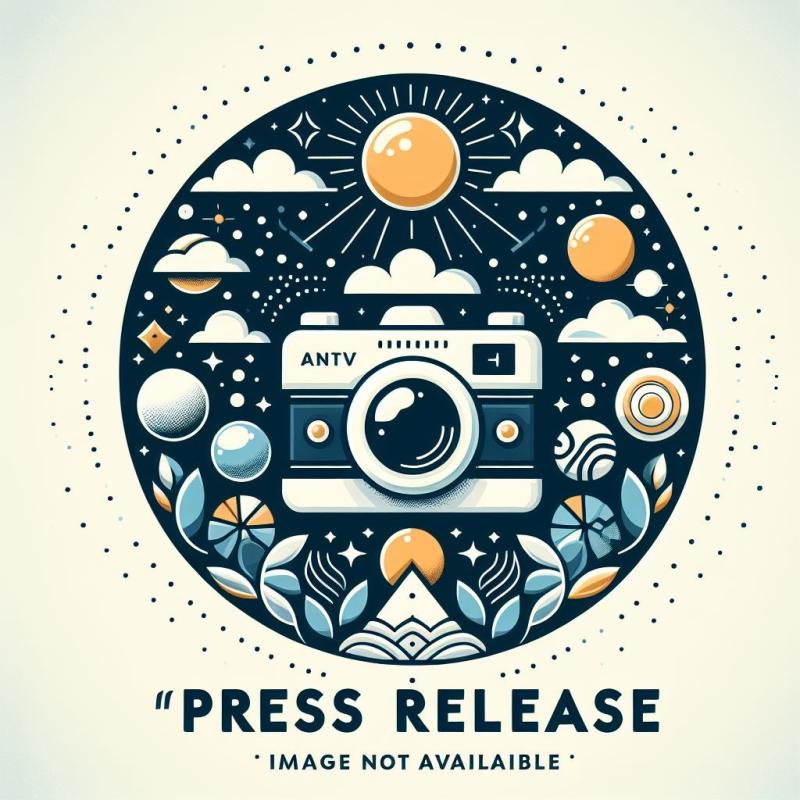Coldplay or Foreplay - An Erotic Dilemma?
In the age of algorithmic intimacy and viral scandal, the lines between leadership, desire, and corporate morality have never been thinner. When power becomes personal, who decides what’s too much—and what’s just business?

The modern boardroom has glass walls. Everything from a CEO’s tweet to a misplaced glance can go viral in seconds. Today, the intersection of power, intimacy, and public scrutiny defines not only politics and entertainment but also the corporate world.
The spectacle of leadership has become both theater and trial. The private lives of executives are now business events; the personal choices of the powerful ripple into shareholder confidence, corporate governance, and cultural perception. In 2025 alone, a wave of executive scandals—from technology to consumer goods—reignited debate about ethics, policy, and the blurred line between professionalism and desire.
As if on cue, the world’s leading AI company, OpenAI, announced its decision to allow verified adult users to generate erotica through ChatGPT. The move blurred yet another frontier—turning the conversation from “what AI can do” to “what AI should do.”
Whether by scandal or strategy, the message is clear: intimacy is now part of the business model, and morality is part of the brand.
1. The Theater of Scandal — When Private Becomes Public
From the supermarket to Silicon Valley, executives have discovered that moral optics can determine as much as market share. Corporate romance, forbidden affairs, and workplace favoritism have long existed; what’s changed is how instantly they can be exposed and politicized.
Recent years have seen CEOs dismissed, boards rebuked, and HR departments thrown into turmoil over breaches of conduct, favoritism, or inappropriate relationships. But the conversation extends beyond gossip. The public now asks: where does leadership end and humanity begin?
Scandal is no longer a side story; it’s a mirror. Each viral video or leaked message reminds us that charisma can conceal corrosion, and that corporate culture often reflects the conduct at the top.
It’s not about the affair—it’s about the failure of self-governance. And that failure, whether in the corner office or the concert arena, now carries financial weight.
2. The OpenAI Dilemma — Intimacy as Product
When OpenAI announced it would allow erotic content for adult users, it positioned itself not only as a tech company but as a cultural institution shaping the boundaries of intimacy and consent.
The move raised uncomfortable but essential questions:
- Who decides what is moral when code replaces chemistry?
- Can an algorithm truly understand consent, emotion, or exploitation?
- And how should corporations market or moderate digital intimacy?
Unlike the old corporate scandals rooted in secrecy, OpenAI’s decision was deliberate transparency—a policy shift, not a hidden act. Yet the moral complexity remains. If a CEO’s affair can topple a company, what happens when a company itself becomes the platform for digital seduction?
The conversation reveals a paradox: society condemns personal misbehavior yet consumes algorithmic intimacy. The boundaries of corporate morality, once confined to conduct, now extend to product design.
3. Morality, Governance & The Role of Oversight
The fundamental question is not whether leaders should be moral—it’s who decides what morality means in a corporate context.
Boards exist to uphold fiduciary duty, HR exists to enforce policy, and compliance exists to reduce risk. But ethics is rarely written in the bylaws. When a CEO crosses personal or professional lines, or when a product challenges cultural norms, governance must evolve from punishment to prevention.
HR’s modern dilemma is double-edged:
- It must be compassionate enough to manage human frailty,
- yet strong enough to protect institutional integrity.
When those lines blur—as they did in several recent cases where HR leadership itself was entangled—the system collapses. The credibility of every policy depends on independence, and independence depends on courage.
In this new era, HR is not a department—it is a mirror of moral architecture.
4. The Economics of Desire — When Reputation Is Currency
Scandal is no longer private loss; it’s public data. Stock prices fall, sponsorships vanish, and brand trust erodes in seconds. Every corporate incident now carries a sentiment index.
Reputation has become the new balance sheet. A leader’s personal conduct directly affects:
- Employee morale: workers question fairness and safety.
- Investor confidence: capital punishes opacity.
- Consumer loyalty: ethics now sells as much as innovation.
The irony? Desire still drives markets. The same public that condemns misconduct rewards charisma. The same culture that demands transparency consumes scandal as entertainment.
Companies must therefore manage not only how they act, but how they appear to feel. Image has become infrastructure.
5. Technology, Transparency & The New Intimacy
Artificial intelligence has brought human temptation into code. From chatbots designed for emotional support to algorithms trained to simulate affection, the line between service and seduction is disappearing.
In this sense, OpenAI’s erotica policy is not a provocation—it’s a revelation. It forces corporations and society alike to confront how technology mediates power, vulnerability, and pleasure.
But while algorithms can be verified, human intent cannot. Ethics in the age of AI cannot rely on consent forms alone. It must rely on institutional conscience.
6. HR, Culture & Redemption
The role of HR now extends far beyond payroll and policy. It is the custodian of trust. When scandal hits, HR must:
- Conduct transparent investigations free from bias.
- Provide psychological safety for employees.
- Balance discretion with accountability.
- Recommend action that protects both integrity and dignity.
A healthy company doesn’t fear exposure—it practices self-correction. Forgiveness and accountability can coexist, but only when the process is fair, consistent, and public enough to restore faith.
7. How Much Is Too Much?
There is no single answer. The limits of morality depend on culture, context, and consequence. What offends one generation becomes normal for the next. The boundary shifts, but the principle remains: power must never compromise consent, and innovation must never excuse exploitation.
In business, the rule is simple—transparency beats secrecy, ethics outlasts charm, and governance must evolve as fast as ambition.
The Modern Paradox of Power
“Coldplay or Foreplay — An Erotic Dilemma?” is more than a provocative headline. It’s a mirror held to leadership in the 21st century. Do leaders perform with cold, rehearsed detachment—or indulge in unrestrained impulse and call it authenticity?
Corporations, especially those shaping culture and technology, must now answer to a new trinity of expectations:
- Moral clarity in leadership,
- Ethical innovation in products, and
- Transparent governance in crises.
The world no longer separates the personal from the professional, or the private from the public. And so the next question for every board, every investor, and every employee isn’t about who got caught—it’s about who’s paying attention.










